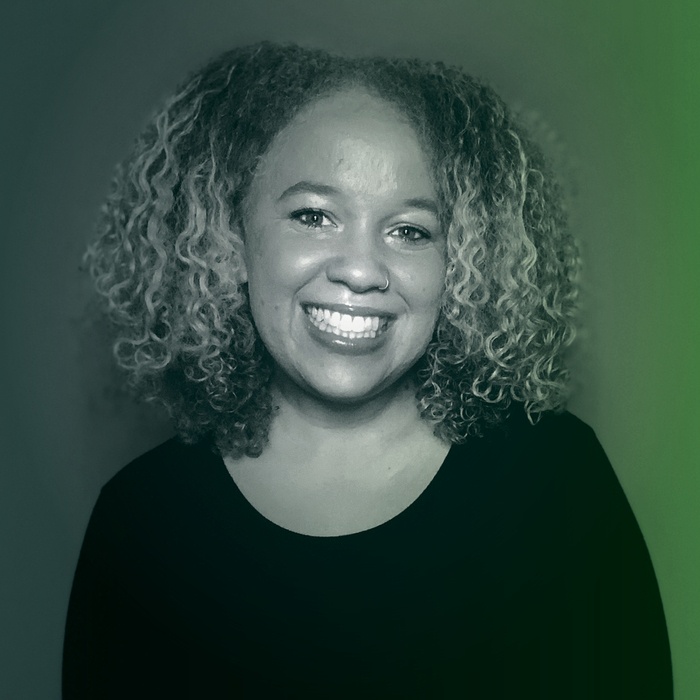What is your position with Ellipsis?
I’m a youth care worker in the Supervised Apartment Living (SAL) program.
How long have you worked here?
I’ve worked with Ellipsis for just over three years.
Have you had any other roles/jobs during your tenure with Ellipsis?
I worked for two years in the Neurodevelopmental and Comorbid Conditions (NACC) program before moving over to the SAL program.

What drew you to work at Ellipsis?
I like the mission here. I love that our focus is building our clients up for their future and not just helping them buy time in a safe space. We have clear expectations of staff and clients, which helps everything run smoothly. The schedule is nice, too.
Can you recall a moment (during your career with Ellipsis) when you felt like you were in exactly the right place, doing exactly what you should be doing? What was that like?
Spending holidays with our youth is great. I love setting up egg hunts in the spring, eating Chinese food together on Thanksgiving and having movie nights with popcorn and hot chocolate on Christmas. These kids make the holidays really special.
What are some of the more challenging aspects of this job?
We teach our clients to use coping skills and have mindful moments, but it can be hard to remember to have those in place for ourselves, too. Our clients deserve to have us show up as our best versions to do our jobs.
What are some of the rewarding aspects of the job?
The most rewarding aspect of this job is getting to watch a client experience a first. For example, one of the boys recently told us that the St. Patrick’s parade we took them to was his first time ever going to a parade and how much fun it was. That was awesome.
Why is it important to have residential programs in communities and qualified people working in them?
I think every community wants to have productive members of society, but if there is nowhere for a child to learn how to do this, how can we expect them to suddenly demonstrate that in adulthood? Residential programs give kids and families a chance to break the cycles and create new futures for themselves.
What is a misconception people may have about mental health treatment? How do you dispel that?
A mental health setback doesn’t make you a bad person. And working on your mental health every day is a really brave thing to do.
If there’s anything else you’d like to add about your role, please feel free to do so!
I love working at Ellipsis!
